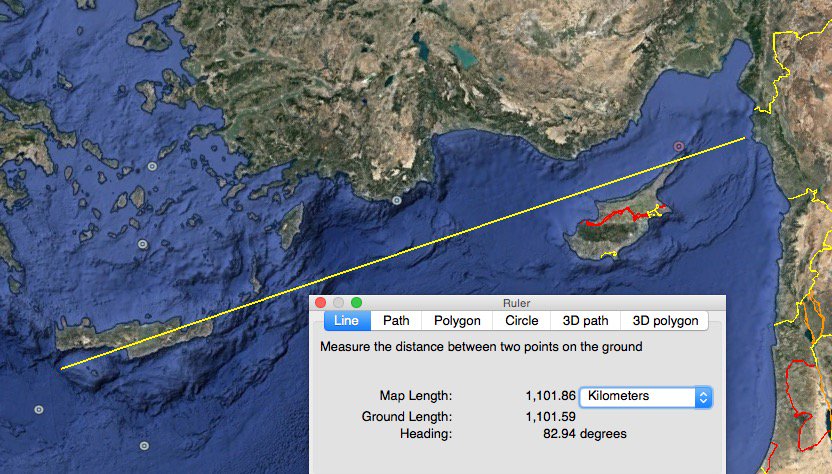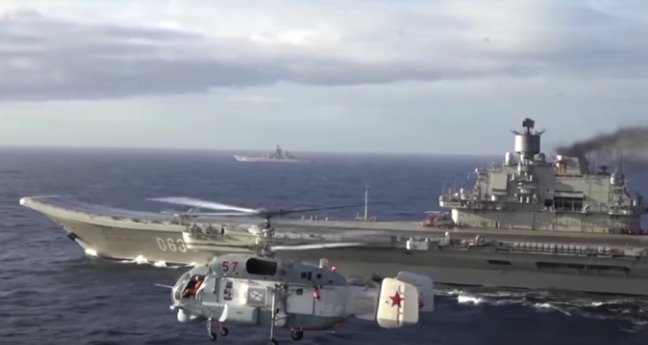Ukraine rebuilds navy, with U.S. help, to counter Russian build-up in Crimea
Reuters: Ukraine is refitting and expanding its naval fleet, including repairing its flagship, the frigate “Hetman Sahaydachnyy”, to counter a Russian military build-up in the annexed territory of Crimea, the commander of the Ukrainian navy says.
The upgrade will be helped by $30 million worth of U.S. aid, part of a $500 million package from Washington for the Ukrainian military which Kiev expects to receive next year. (Graphic: Size of Russian navy tmsnrt.rs/2fEjLO1)
“Step by step we will rebuild our fleet from the beginning,” Vice Admiral Ihor Voronchenko told Reuters in an interview.
“Our capacities in terms of quality will be better that the ones which remained in Crimea.”
Ukraine lost two-thirds of its fleet, which had been mostly based in Sevastopol, when Russia seized Crimea from Kiev in 2014. Since then it has fought Russian-backed separatists in the Donbass region in a war that has killed nearly 10,000 people.
Before the Russian annexation, Moscow leased facilities from the Ukrainian state to house its Black Sea Fleet, which has been based in Crimea for more than two centuries. Those facilities, mainly around Sevastopol, are now being expanded.
Russia has started a program to militarize Crimea, including resurrecting Soviet-built facilities, building new bases and stationing soldiers there, according to a Reuters Special Report.
When Russia seized Crimea, Ukraine stopped the “Hetman Sahaydachnyy”, the landing ship “Yuriy Olifirenko”, the missile boat “Pryluky” and some gunboats from falling into Russian hands.
“We just started repairing works at our flagship,” Voronchenko said.
Two new gunboats are almost ready for service “and I am sure we will receive four more boats in July next year,” he said.
The navy also plans to have a new Corvette warship and a new missile boat by 2020.
Other measures by Ukraine to beef up its defense include raising the level of training for navy personnel and creating new units of coastal defense troops. Part of the training is being carried out in NATO member countries Italy, France and Britain.
Voronchenko said Russia was planning to turn Crimea into a “military base”, installing three submarine boats, new frigates and more airborne facilities. He also said that Russian ships were experiencing technical problems.
“We have information, we conduct surveillance. I cannot tell you everything,” he said. “But we can counter-attack all their hostile intentions. They also have problems in resources.” More here from Reuters.
Then there is the Mediterranean and Syria and the new maritime missions of Moscow.


 Podmoskovye leaving the Zvezdochka Ship Repair Centre on 22 October for trials. Source: Zvezdochka Ship Repair Centre
Podmoskovye leaving the Zvezdochka Ship Repair Centre on 22 October for trials. Source: Zvezdochka Ship Repair Centre

